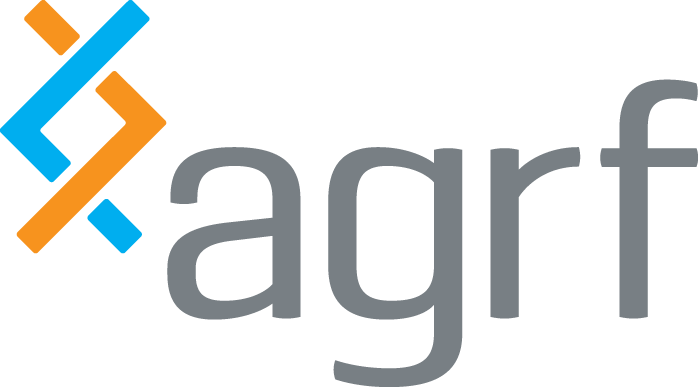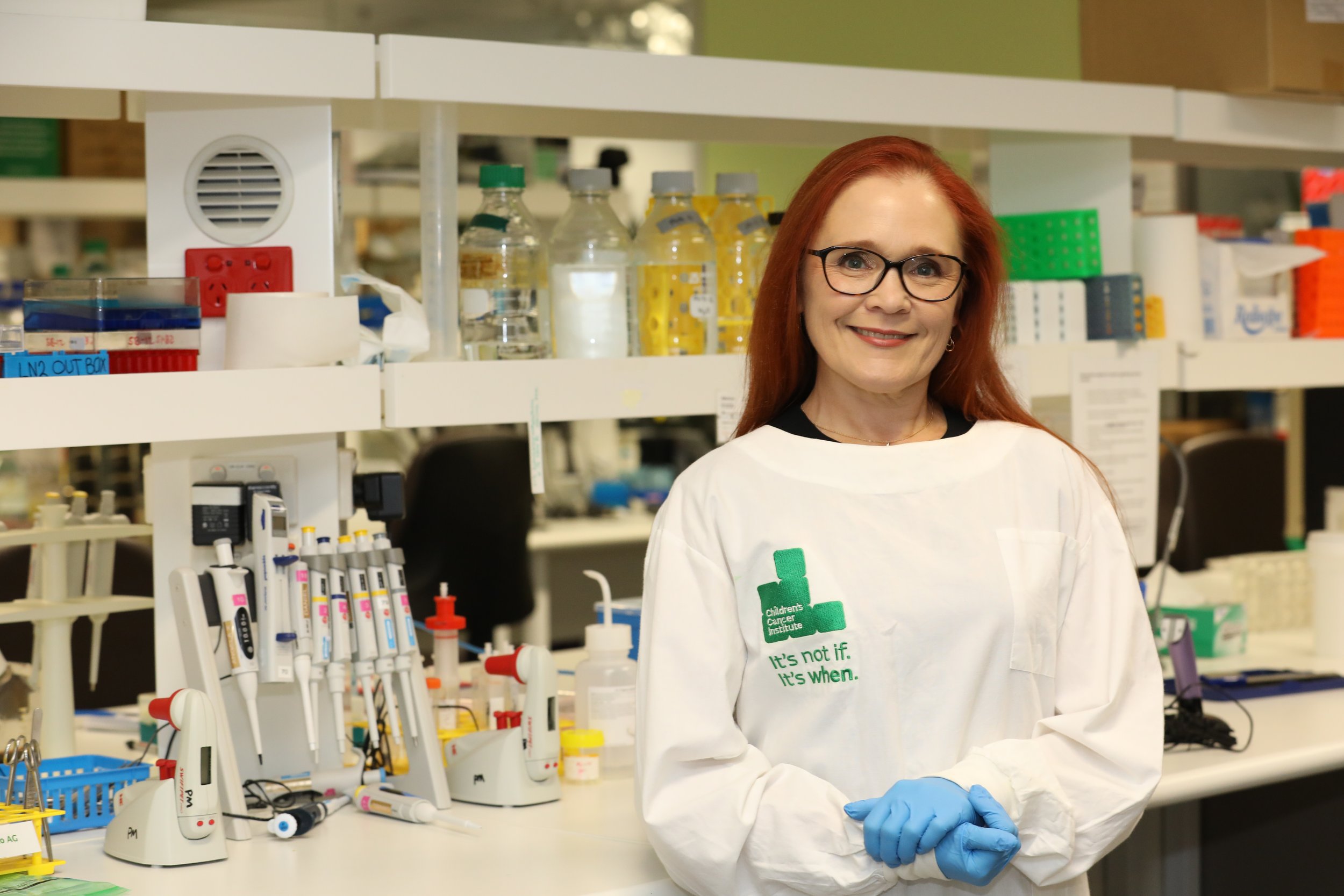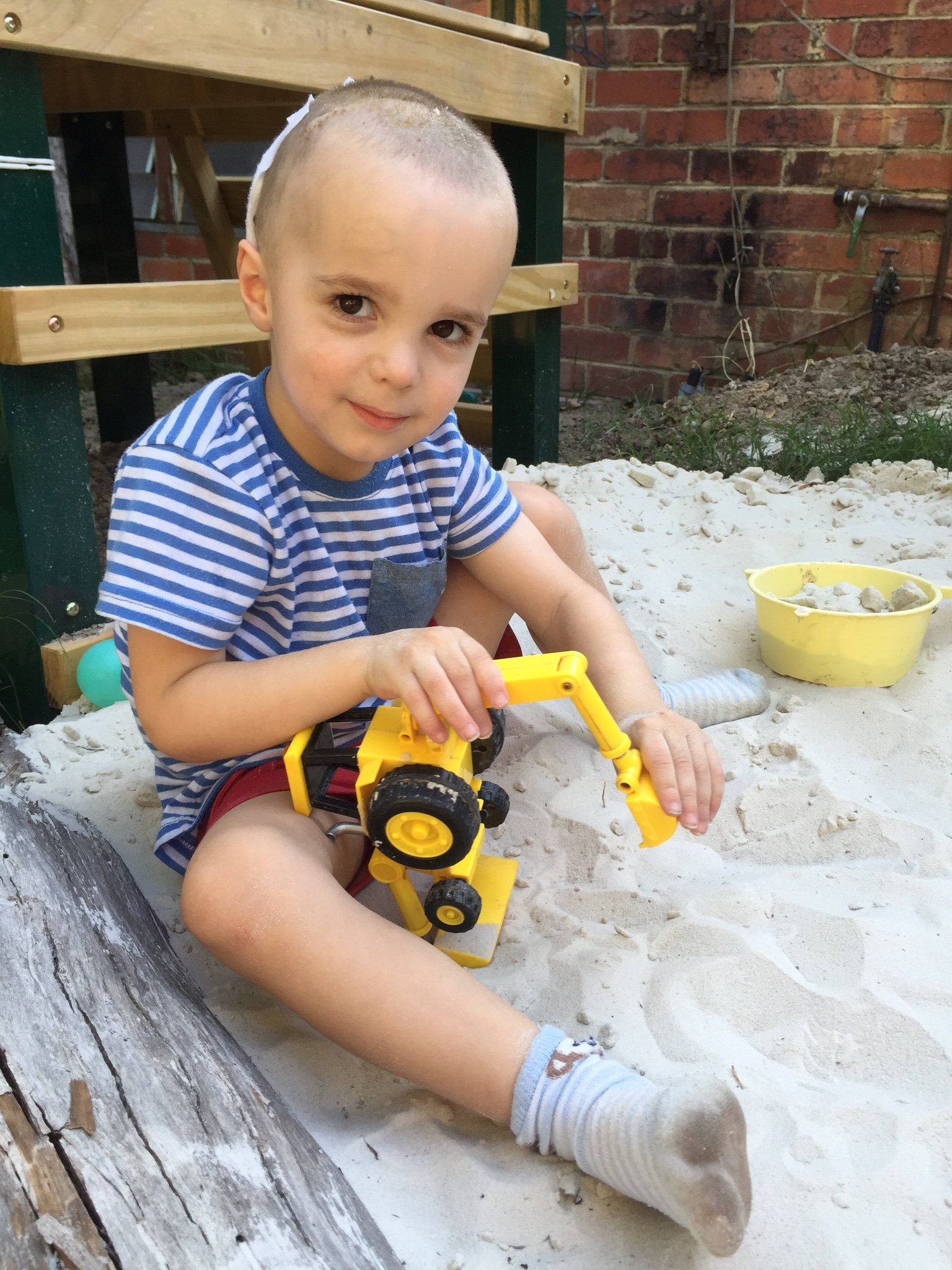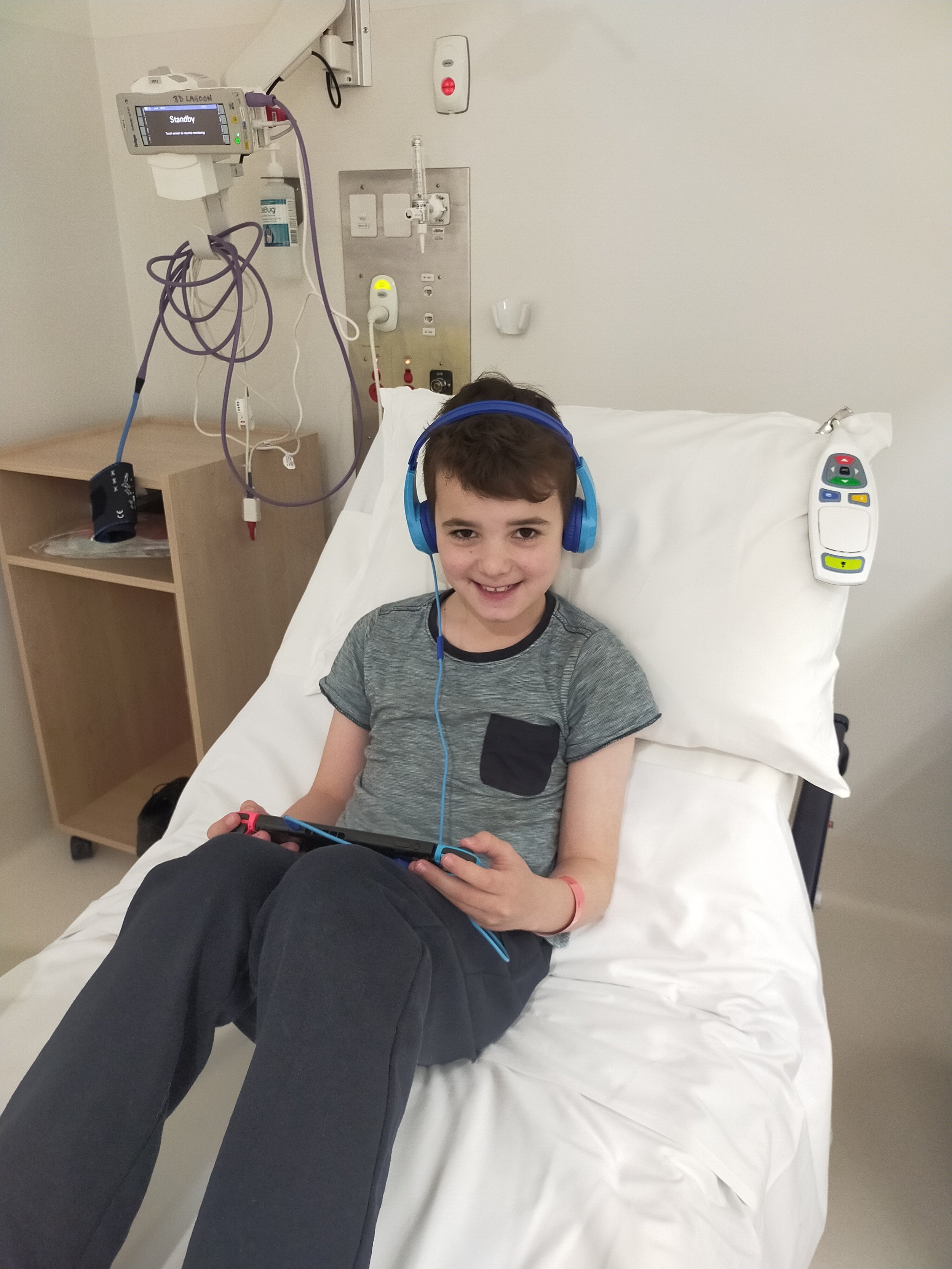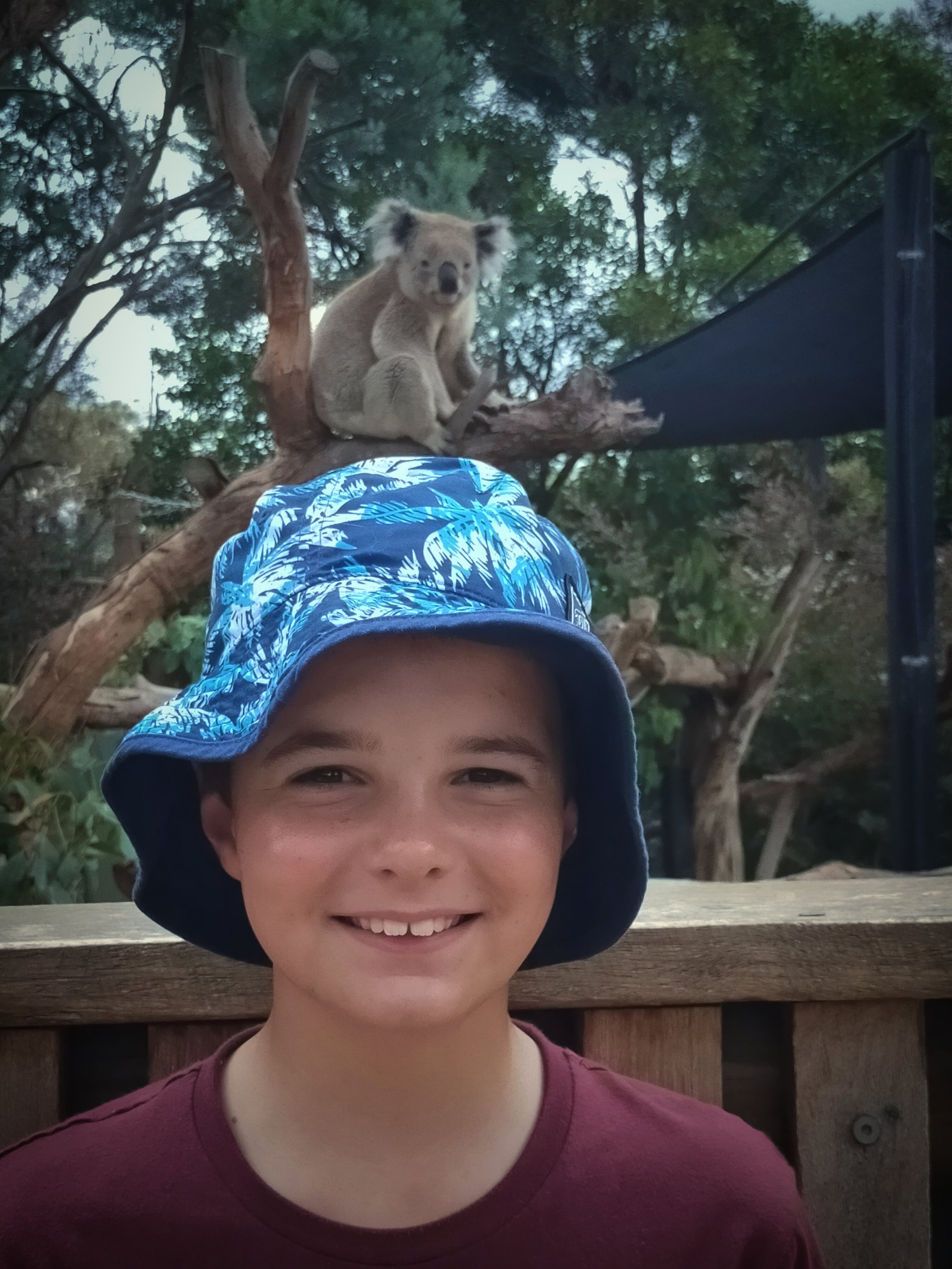ZERO: A hopeful future for children with cancer
/In Australia, more than 1,000 children and adolescents are diagnosed with cancer every year. While the overall survival rate for childhood cancer is now over 80%, for some types of cancer the rate is much lower. Every week, three young lives are lost to cancer – more than to any other disease.
In 2021, AGRF joined a unique collaboration aiming to improve these statistics, becoming a key partner in the Zero Childhood Cancer Program (ZERO), Australia’s first national precision medicine program for children with cancer. Led by the Children’s Cancer Institute and Kids Cancer Centre at Sydney Children’s Hospital, and involving every children’s hospital in Australia, ZERO is based on the recognition that every child’s cancer is unique. To have the best chance of successfully treating each child, we need to know much as possible about each child’s cancer.
That is where AGRF comes in. ZERO harnesses AGRF’s extensive multi-omics sequencing data – including whole genome sequencing, RNA sequencing and genotyping using the EPIC array – to analyse the genetics of each child’s cancer. This in-depth genomic analysis is a powerful tool, potentially leading to a whole new understanding of a child’s cancer that can inform their diagnosis, prognosis and treatment.
Interpreting the DATA at CCI
One child who has directly benefited from this approach is Thomas. Born in Melbourne, Thomas was two-and-a-half years old when symptoms of persistent lethargy and vomiting led his parents to take him to hospital. After an initial diagnosis of gastritis, Thomas had an MRI done at Monash Children’s Hospital, where his parents, John and Abby, found out that Thomas had multiple tumours growing in his brain and on his spinal cord.
After surgery to remove as much of the cancer as possible, Thomas developed complications, including fluid on the brain and loss of sight in his left eye. Frustratingly, as years passed by, a precise diagnosis proved elusive, meaning there was no clear path forward in terms of treatment. Then John and Abby found out about the Zero Childhood Cancer Program.
A sample from Thomas’ tumour was sent for genomic analysis, which revealed a genetic mutation believed to be driving the growth of the cancer. The ZERO team was able to identify a treatment capable of targeting that genetic mutation – a gene therapy known as Afatinib. After two months of treatment, Thomas’ brain scan showed a noticeable improvement. He was no longer in debilitating pain and began to regain his energy and his health.
Today, Thomas is 11 years old. While the damage to his eyesight is permanent, he is otherwise healthy and happy, and his brain scan results remain stable. John and Abby say they consider themselves very fortunate and are extremely grateful to the entire ZERO team. “The work that these people are doing – it actually changes people’s lives,” says Abby.
Initially only for children with rare, relapsed and high-risk cancers – those with less than 30% chance of survival − ZERO is now being expanded, and by the end of this year will be open to all children with cancer in Australia. Through the analysis of hundreds of childhood cancers each year, ZERO will add significantly to science’s understanding of cancer in children, ultimately benefiting all children diagnosed with cancer in the future.
